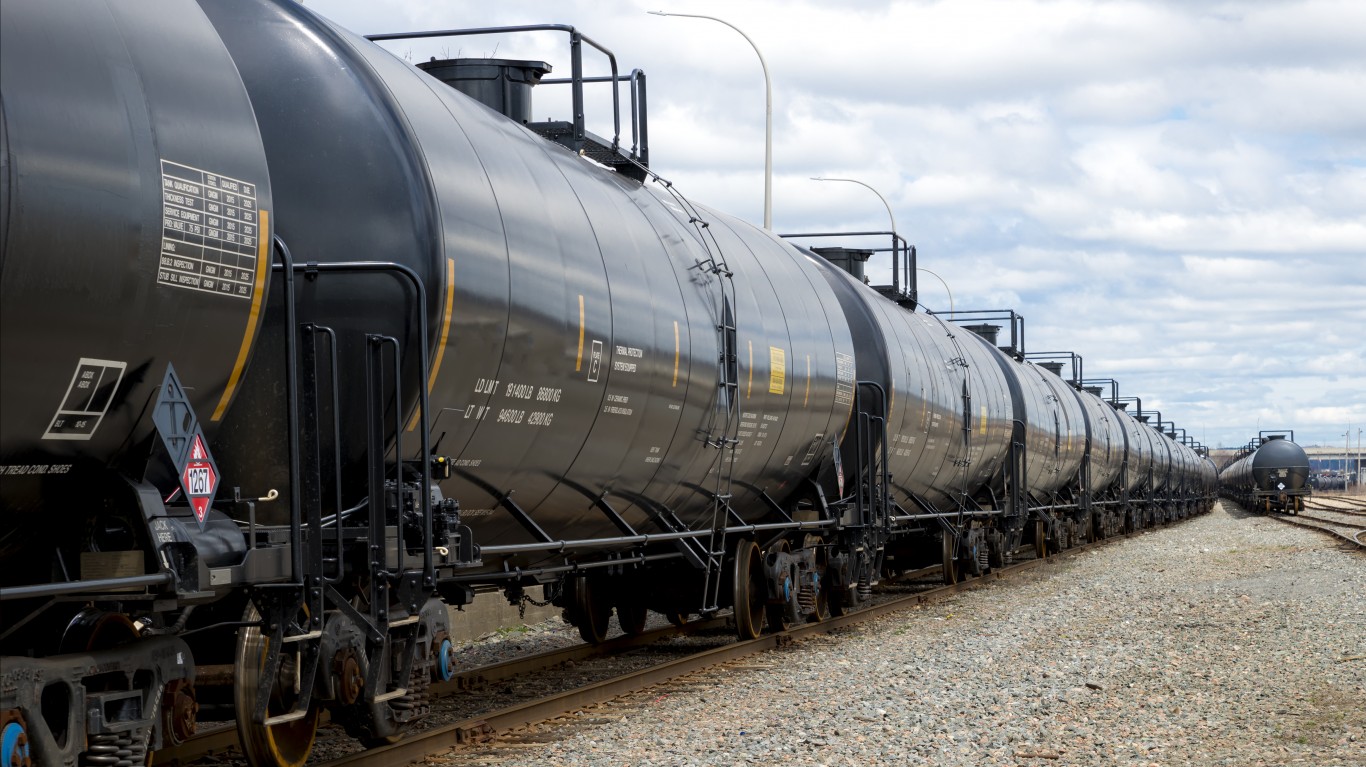
For the first time in more than a decade, the International Energy Agency (IEA) is forecasting that demand for crude oil will be lower year over year. In its March Oil Market Report, the agency said demand is now expected to be 90,000 barrels a day lower this year than it was in 2019.
First-quarter demand is forecast to drop by 1.8 million barrels a day in China, for a total global decline of 2.5 million barrels a day. The IEA expects demand to return to “close to normal” levels in the second half of the year.
Global supply dipped by 580,000 barrels a day in February as supply gains in non-OPEC countries more than offset by Libyan declines and production cuts among the OPEC+ nations. When Russia last week refused to reduce production, the OPEC+ coalition effectively collapsed.
The IEA’s forecast decline of 90,000 daily barrels of demand is actually the good news. That estimate assumes that the spread of coronavirus in China abates but continues to grow in other developed economies.
In the agency’s “pessimistic low case scenario,” year-over-year demand declines by 730,000 barrels a day. In this scenario, recovery from the spread of the virus takes longer as the epidemic spreads. Demand in Europe remains low, and U.S. demand rises more slowly as well.
The IEA report does not include the impact of the coming production spike as Saudi Arabia prepares to pump more than 10 million barrels a day in an effort to hold onto the market share it has and, with luck, steal some share back from both Russia and the United States. Both the Russians and the Saudis believe they can outlast U.S. producers when oil prices fall into the $30-a-barrel range because their costs are lower.
U.S. production of more than 12 million barrels a day surpasses current Russian production of around 11.0 million barrels and current Saudi production of about 9.7 million barrels. The Saudis and the Russians are betting that U.S. producers will not be able to compete as prices fall below $40 a barrel and even lower. Goldman Sachs warned last week that oil could drop down to near $20 per barrel. There are no winners in that scenario.
West Texas Intermediate (WTI) traded down about 21% early Monday, at $32.61 a barrel, and Brent traded down about 21.5% to around $35.50.
Cash Back Credit Cards Have Never Been This Good
Credit card companies are at war, handing out free rewards and benefits to win the best customers. A good cash back card can be worth thousands of dollars a year in free money, not to mention other perks like travel, insurance, and access to fancy lounges. See our top picks for the best credit cards today. You won’t want to miss some of these offers.
Flywheel Publishing has partnered with CardRatings for our coverage of credit card products. Flywheel Publishing and CardRatings may receive a commission from card issuers.
Thank you for reading! Have some feedback for us?
Contact the 24/7 Wall St. editorial team.
 24/7 Wall St.
24/7 Wall St.



